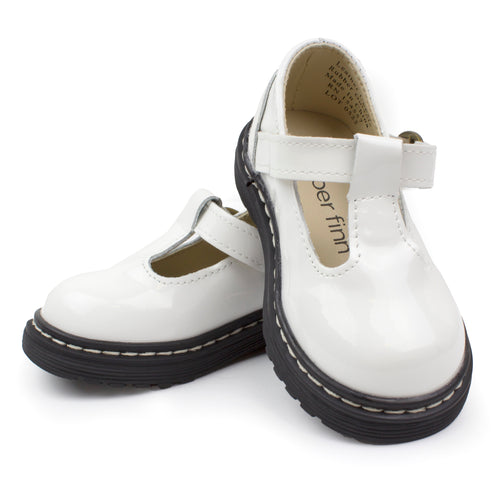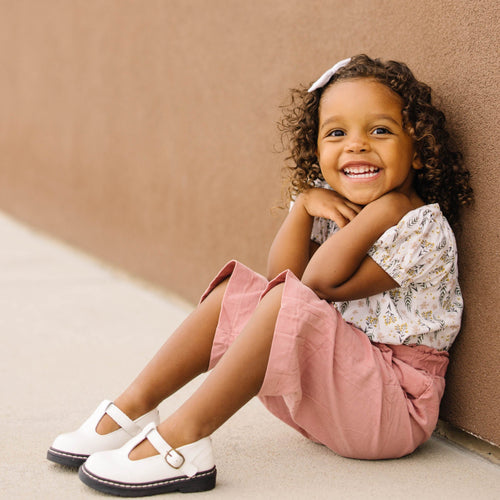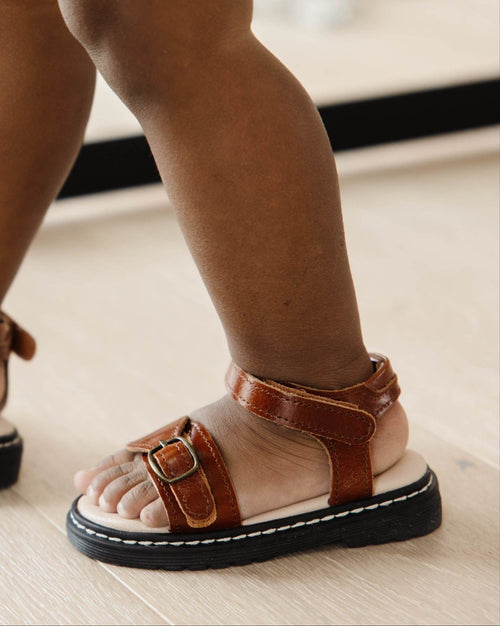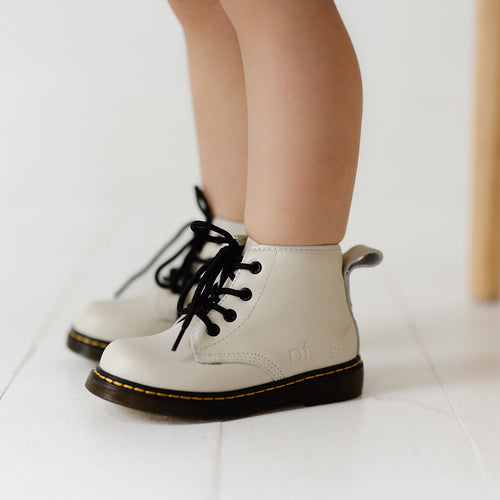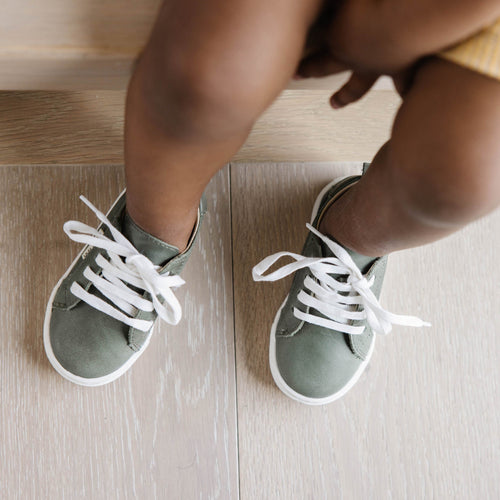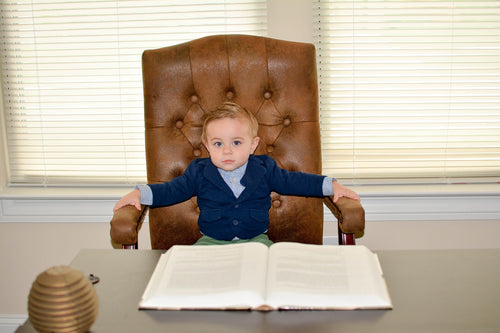Divorce is one of the most difficult decisions any parent can make. The idea of uprooting your family's structure and changing your children's lives forever can be terrifying. You may have been told divorce will "ruin your children," but that's a myth. While divorce can be challenging for children, it doesn't have to destroy them.
In fact, staying in an unhappy or toxic relationship "for the kids" can actually be more damaging than the actual effects of divorce. In today's Piper Finn blog, we'll explore the impact of divorce on children, give you five reasons why staying together solely "for the kids" isn't okay, and provide ten tips for parents considering divorce.
The Effects of Divorce on Children
While divorce can be difficult for everyone involved, research shows that children are generally resilient and can adjust to the changes well if given the right support. That being said, here are a few common effects divorce can have on children:
Emotional Turmoil:
Children may experience a range of emotions, including sadness, anger, confusion, and anxiety. They may also feel guilt, blame themselves for the divorce, or worry about the future.
Disrupted Routines:
Divorce often means big changes in a child's daily routine, including where they live, who they live with, and how much time they spend with each parent.
Financial Stress:
Divorce can also lead to a significant change in financial circumstances for families, which can cause stress and worry for children.
Relationship Issues:
Children may struggle with their relationship with one or both parents after the divorce, feeling caught in the middle or unsure how to navigate the changes.
Academic or Behavioral Problems:
Some children may struggle in school or exhibit behavioral changes after the divorce, but these issues are often temporary and can be addressed with support.
Staying Together "for the Kids" is More Damaging Than The Effects of Divorce on Children
While the prospect of divorce can be scary, staying in an unhappy relationship "for the kids" can be even more damaging. Here are five reasons why:
Role Model Unhealthy Relationships:
Staying in an unhappy or toxic relationship teaches your children that staying in a relationship that doesn't serve them is okay.
Emotional Toll on Parents:
Staying in a relationship that's not working can be emotionally draining for parents, leading to tension and disagreements at home. This can create a negative environment for children.
Lack of Affection:
When parents stay together for the kids, they may start to prioritize their children over their own relationship, leading to a lack of affection and intimacy between partners. This can negatively affect their relationship and, without realizing it, their children's wellbeing.
Modeling Poor Conflict Resolution:
If parents are constantly fighting or having tense conversations, children may learn to emulate poor conflict resolution skills.
Children Can Tell:
Children are more perceptive than we give them credit for. They can sense tension and unhappiness in the home and may even blame themselves for their parent's problems. This can create anxiety, uncertainty, and a feeling of being stuck in a situation they can't control.
10 Tips for Parents Considering Divorce
If you're considering divorce, there are steps you can take to ensure the process is as smooth as possible for your family.
- Seek counseling or therapy:
Talking to a professional can provide you with the tools you need to navigate the emotions and challenges that come with divorce and provide support for your children.
- Be honest with your children:
It's important, to be honest with your children about what's happening, but be mindful of their age and level of understanding.
- Focus on co-parenting:
Even if your relationship with your ex-spouse is strained, commit to being a strong co-parenting team for your children.
- Consider a collaborative divorce:
Collaborative divorce is a process where both parties work together to come to an agreement without going to court.
- Create a solid support system:
Lean on friends, family members, or support groups during this time. You don't have to go through this alone.
- Prioritize self care:
It's important to take care of yourself during this time, both physically and emotionally.
- Devise a parenting plan:
A parenting plan outlines the details of custody and visitation for your children and can help minimize confusion and conflict.
- Be mindful of finances:
Divorce can be expensive, so it's important to create a budget and consider the long-term financial impact.
- Manage conflict when communicating with your ex:
Communication can be challenging during divorce, but focusing on minimizing conflict can make a big difference for both parents and kids.
- Give yourself grace:
Remember that divorce is a complex process, and it takes time to adjust and adapt. Be kind to yourself and your children as you navigate this transition.
Last Thoughts
Divorce is never easy, and the decision to end a marriage should not be taken lightly. However, staying in an unhappy or unhealthy relationship simply "for the kids" can cause more harm than good. With the right support, parents can navigate the process with minimal negative effects on their children.
If you're considering divorce, remember to prioritize your children's wellbeing, be honest and clear about what's happening, and seek support from professionals and loved ones. We hope with these tips and a focus on positive co-parenting, you can help your family navigate this difficult transition with grace and strength.




